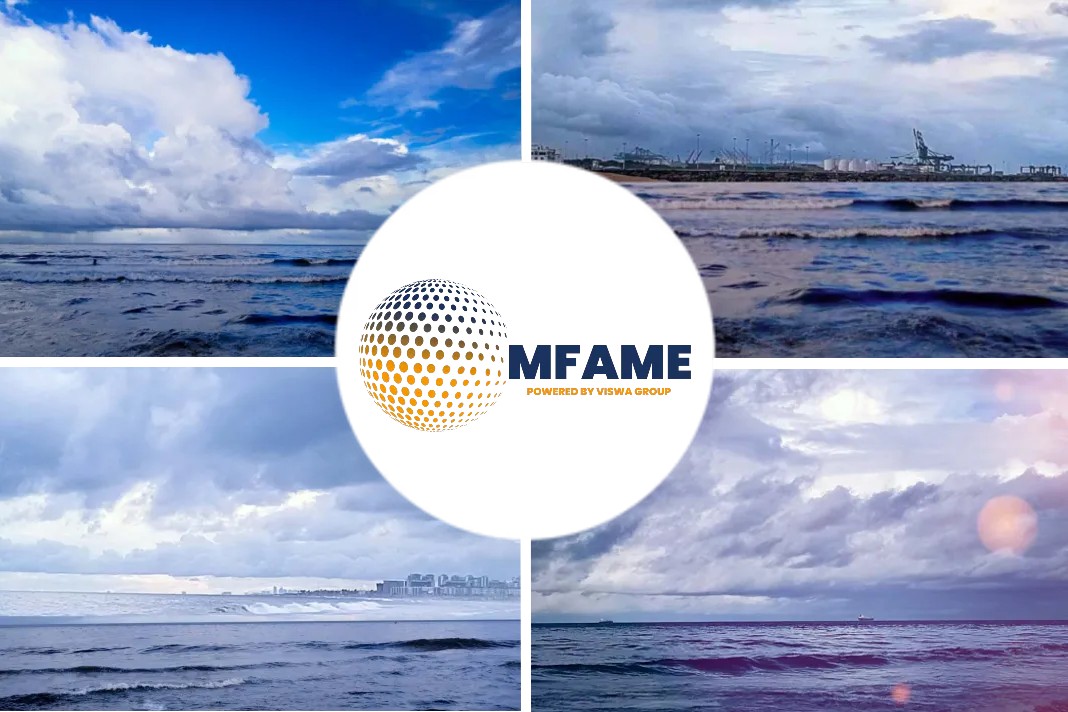
The European Commission has introduced five legislative proposals aimed at modernizing EU regulations on maritime safety and preventing ship-related water pollution, as reported by EC Europa.
New rules
Maritime transport is vital for the EU’s external trade and serves as a lifeline for islands and remote regions. While EU waters currently maintain high levels of safety, with few fatalities and no major oil spills in recent years, there are still over 2,000 reported marine accidents annually. The proposed measures aim to enhance clean and modern shipping by aligning EU rules with international standards, ensuring fair competition, improving implementation and enforcement through digitalization, and promoting EU cooperation. The European Maritime Safety Agency (EMSA) will play a crucial role in enforcing the new rules, supported by changes to its mandate.
Modernised maritime safety rules
Three out of the five proposals are focusing on modernising and improving maritime safety rules. They pay special attention to port State control and maritime accident investigations, strengthening the enforcement of rules to reduce incidents and accidents, ultimately preventing loss of human life and environmental pollution.
The package of proposals includes:
- Clear requirements for flag State inspections, based on international rules, as well as specific EMSA training for national administrations to enhance the controls that Member State authorities have over their fleets. This will improve maritime safety and reduce the risks of environmental pollution, ensuring that EU flag States continue to stand for high-quality shipping services. The proposal facilitates information-sharing between flag States on the results of inspections they carry out and compliance issues in general. EMSA will support this cooperation through a revised professional development and training programme for flag State inspectors.
- Port State control will be extended to cover additional international rules, such as new Conventions on ballast water and sediments and the removal of wrecks. The proposal also updates the way ships are targeted for inspection, to reflect new requirements and will attach more importance to the environmental-related performance and deficiencies of ships, in determining their risk profile. Other changes will further improve Member States’ capacity to detect and correct the lack of compliance with safety or with environmental and pollution prevention rules and standards.
- The scope for Port State control and accident investigation will be extended for fishing vessels, where significant safety concerns persist. Member States can choose to apply port State control for fishing vessels measuring over 24 metres calling at EU ports. At the same time, for the most serious accidents involving smaller fishing vessels measuring less than 15 metres, Member States would have to report and screen them for possible lessons to be learned. Flag State and port State control operations will be digitalised and the uptake of electronic certificates will be encouraged. This will notably be made possible thanks to EMSA’s IT systems and databases.
- National accident investigation bodies will receive further support from EMSA. A pool of experts from different disciplines will be available upon request, as well as specialised tools and equipment.
Did you subscribe to our newsletter?
It’s free! Click here to subscribe!
Source: EC Europa


















